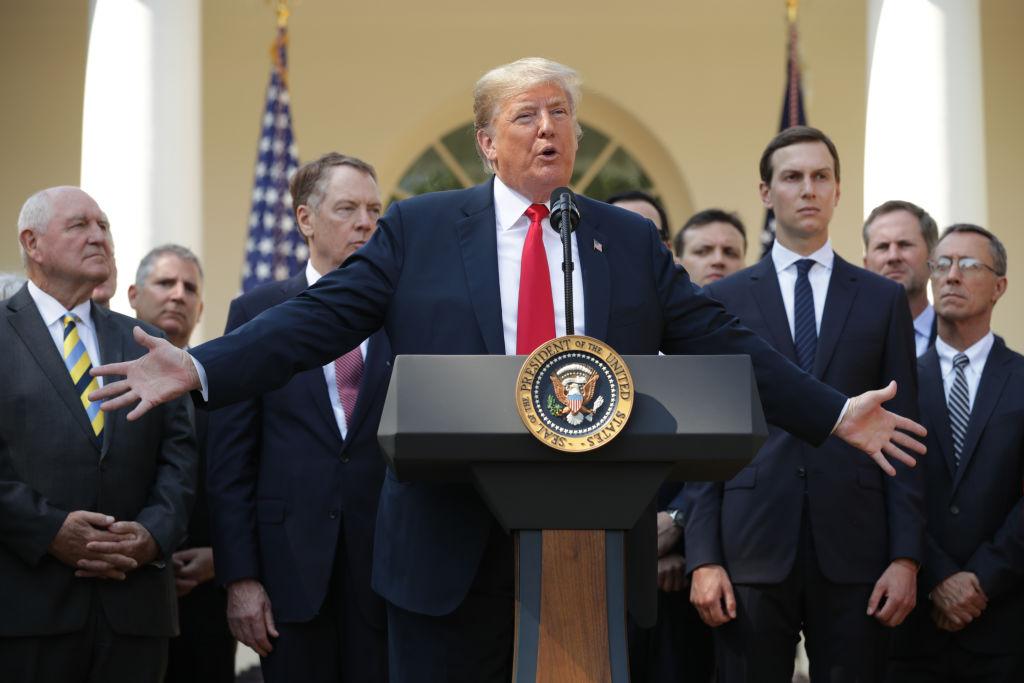The new trade deal between Canada, Mexico, and the United States has put China on notice about some of its most egregious business practices, experts say.
Named the U.S.–Mexico–Canada Agreement, or USMCA, the pact will replace the 24-year-old North American Free Trade Agreement (NAFTA). While the new agreement still needs approval from Congress before it comes into effect, President Donald Trump has high hopes that it will allow North America to be transformed into a “manufacturing powerhouse.”



